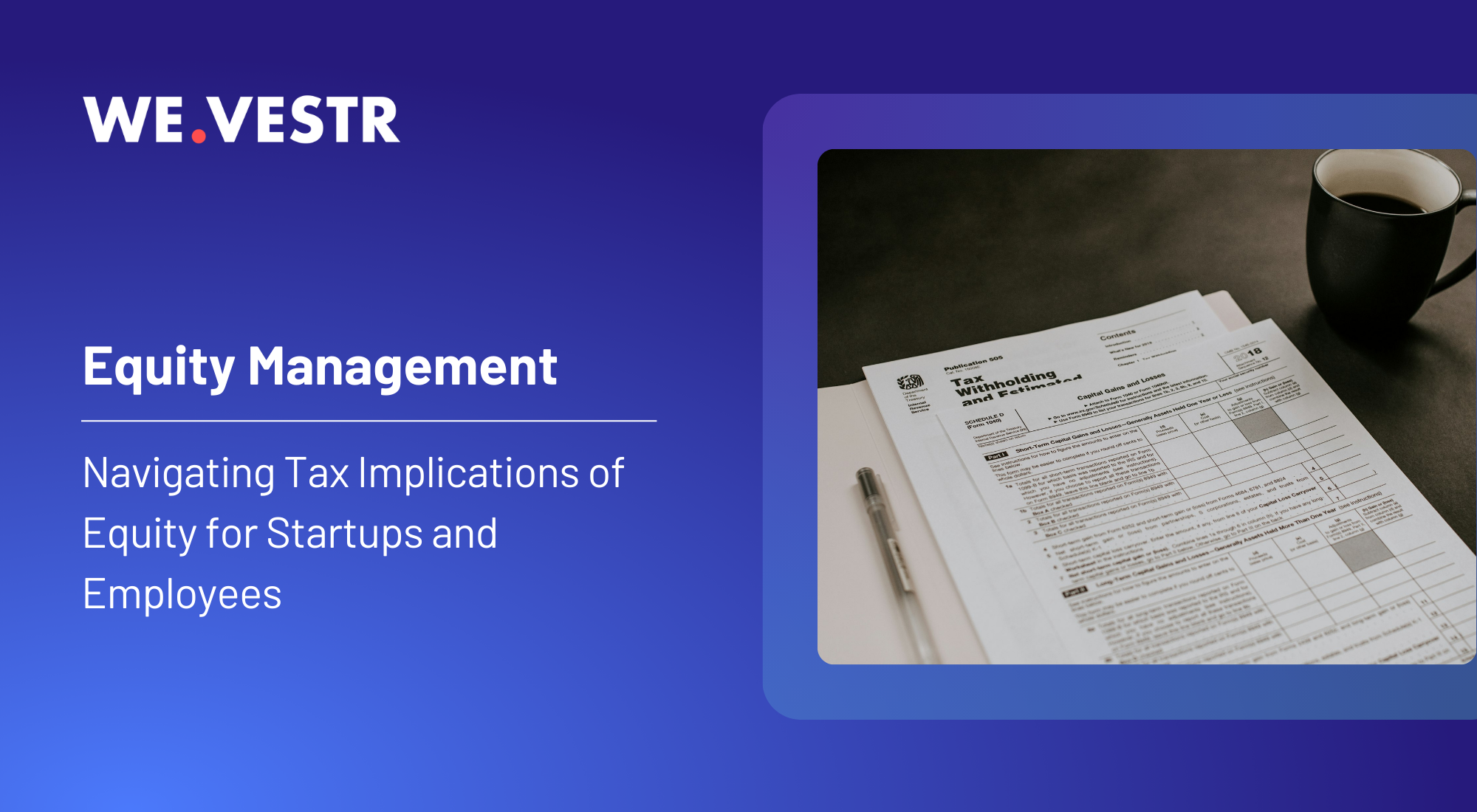Navigating Tax Implications of Equity for Startups and Employees

Equity compensation can be a game-changer for attracting top talent, but it comes with tax considerations for both companies and employees. Understanding these tax implications early can prevent surprises, reduce costs, and improve transparency. This article offers an overview of key tax points for equity in startups, providing clarity for founders and their teams.
Key Tax Implications for Startups and Employees
- Stock Options and Capital Gains: Stock options, like ISOs or NSOs, come with different tax treatments. ISOs, for example, can offer favourable tax treatment as long-term capital gains, but they must meet specific requirements.
- Taxable Events for Employees: For employees, equity grants and stock options can trigger taxable events, such as vesting or exercising options. It’s important to educate employees about potential tax liabilities upfront.
- Company Deductions: Startups may be able to claim tax deductions for certain types of equity compensation, especially NSOs. Understanding these can reduce the company’s tax burden.
Strategies for Managing Tax Burdens
- Early Exercise Options: Allowing employees to exercise options early can result in more favourable tax treatment, especially in fast-growing startups.
- Consideration of 83(b) Elections: For those granted restricted stock, filing an 83(b) election can lock in tax at the current fair market value, potentially lowering overall tax liability.
Navigating equity tax implications can be challenging, but it’s essential for maximising the value of equity compensation. By understanding these factors, founders can improve transparency, help employees make informed decisions, and manage the company’s tax exposure.
